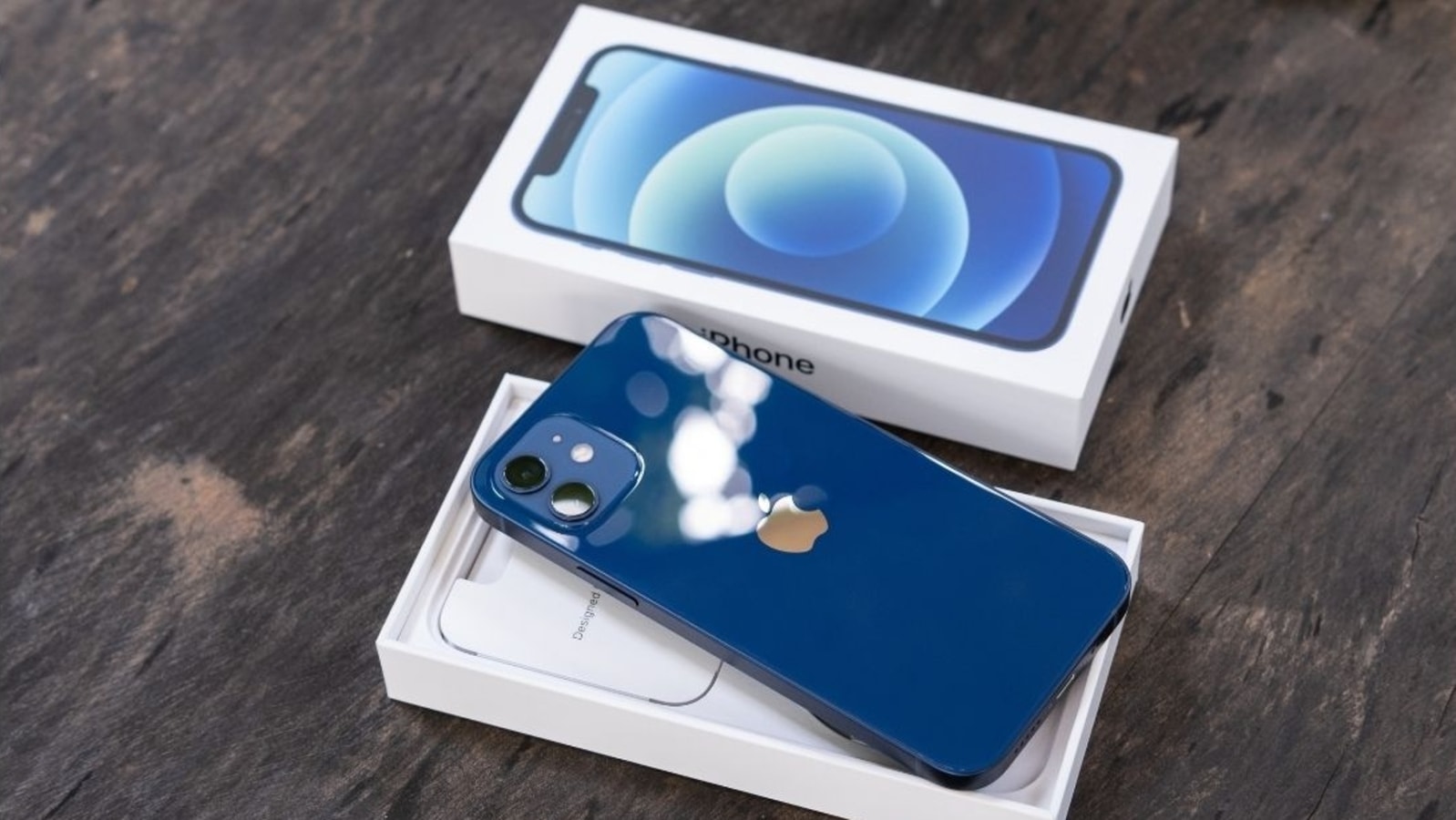Apple’s A-series application processors (AP) have always been a maestro in terms of performance. The next-gen iPhone 16 series is all set to receive A18 Pro, a successor to last year’s A17 Pro, with potentially greater performance. Turns out the A18 Pro SoC recently made its presence on Geekbench 6 blasting the Apple M3 SoC for the MacBook at least in the single-core department.
The next-gen A18 Pro scored a whopping 3,500 points on single-core and 8,200 points on single-core and multi-core tests, respectively. When compared with the A17 Pro, the A18 Pro technically scored 12% more in single-core and a whopping 23% more in multi-core tests which goes on to show simply how powerful the A18 Pro AP is. These early Geekbench scores reveal that A18 pro has outran Apple’s entire M3 family making it 14% faster in the single-core segment while the multi-core or multi-threaded tests don’t have much of a gap to overcome in future iterations.
Luckily, we had preliminary benchmarks for Snapdragon 8 Gen 4 AP as well which scored a whopping 2,845 and 10,628 points on single-core and multi-core tests. Of course, Apple’s A18 Pro heads way ahead of Snapdragon’s in the single-core test but the latter’s multi-core tests annihilates Apple with a leap of 23%. Note that we are still talking about some early benchmarks for both the chipsets that are originally slated to arrive later this year.
Why Snapdragon 8 Gen 4 SoC outrank A18 Pro, you might ask? Well, that’s because Qualcomm has eliminated any power efficiency cores on the Snapdragon 8 Gen 4 SoC. It now runs on custom-made Oryon cores consisting of two Phoenix big cores and six Phoenix medium cores. Apple, on the other hand, uses a six-core setup consisting of two performance and four low-power efficiency cores, and thus, the difference in performance.
However, both the chipsets are being fabbed at TSMC and using the same second-gen N3E 3nm process. This means in theory, both the chipsets may have similar output albeit Apple will takeover on tasks that require low-power cores whereas Qualcomm will triumph over more processor-intensive tasks.
In any case, we will see the A18 Pro SoC onboard iPhone 16 Pro and iPhone 16 Pro Max later this year. Qualcomm’s Snapdragon 8 Gen 4 SoC will arrive at the Snapdragon Summit later this year followed by its arrival on flagship phones such as OnePlus 13, and Xiaomi 15 among others.
You can follow Smartprix on Twitter, Facebook, Instagram, and Google News. Visit smartprix.com for the most recent news, reviews, and tech guides.

 7 months ago
41
7 months ago
41











 English (US)
English (US)